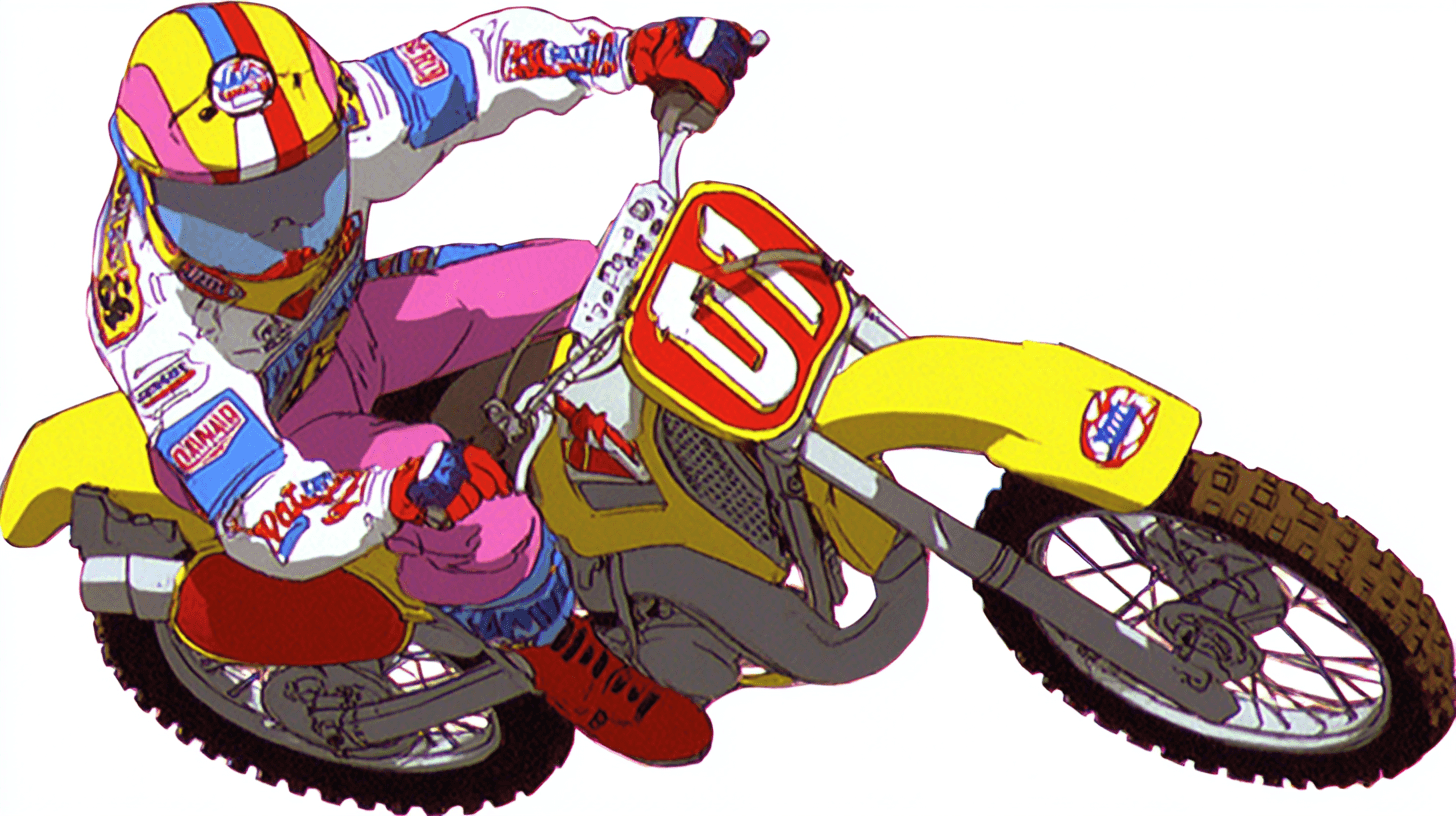DIY vs Professional Motorcycle Maintenance: What to Know
Explore the pros and cons of DIY versus professional motorcycle maintenance to keep your bike safe and running smoothly.

DIY Maintenance is great for saving money and getting hands-on with basic tasks like oil changes, chain care, or checking tire pressure. It's ideal if you're confident with tools, have time to learn, and enjoy working on your bike.
Professional Maintenance is essential for complex repairs like engine, transmission, or electrical work. Pros have specialized tools, training, and experience to ensure safety and precision, especially for critical systems like brakes and suspension.
Tip: Start small with simple DIY tasks and leave safety-critical or advanced jobs to trained mechanics. This balanced approach keeps your bike in top shape without compromising safety or performance.
DIY Motorcycle Maintenance: Key Things to Know
Want to get hands-on with your bike? DIY maintenance helps you bond with your machine, but you'll need know-how, proper tools, and a clear sense of what you can (and can't) handle.
Before each ride, make it a habit to check the essentials: tire pressure, chain tension, fluid levels, brakes, and all lights and signals. Think of it as giving your bike a quick health check.
Your bike's owner's manual isn't just another booklet. It's your DIY bible. It packs all the specs, schedules, and step-by-step guides you need. Keep a maintenance log too. Jot down dates, parts you've replaced, what fluids you used, and the mileage.
Here's the bottom line: While oil changes and filter swaps are great DIY projects, leave the tricky stuff to the pros. Messing with brakes, engine internals, or electrical systems without proper training is asking for trouble.
Common Maintenance Tasks You Can Do Yourself
Here's what you can do at home:
- Tire Pressure Check (Weekly, 5 minutes, Beginner)
- Chain Lubrication (Every 500 miles, 15 minutes, Beginner)
- Oil/Filter Change (3,000-5,000 miles, 60 minutes, Intermediate)
- Air Filter Service (5,000-10,000 miles, 30 minutes, Beginner)
- Spark Plug Check (10,000 miles, 45 minutes, Intermediate)
Let's talk about oil changes first. Every 3,000-5,000 miles, you'll need to swap out your oil and filter. It's pretty simple with basic tools and your bike's manual. Pro tip: Run the engine for a few minutes before changing the oil. Warm oil drains better.
Keep Those Tires Happy: Check your tire pressure every week. It's a must for staying safe on the road. Grab a good pressure gauge and look up the right PSI in your manual. While you're at it, take a quick look at your tires for any signs of wear or damage.
Essential Tools for DIY Motorcycle Maintenance
Here's what should be in your toolbox:
- Basic Hand Tools ($100-200): Socket Set (8-19mm), Combination Wrenches, Screwdrivers
- Precision Tools ($150-300): Torque Wrench, Feeler Gauges, Multimeter
- Safety Equipment ($50-100): Nitrile Gloves, Safety Glasses, LED Work Light
- Specialty Items ($75-150): Chain Breaker, Tire Pressure Gauge, Oil Filter Wrench
Here's something many riders don't realize: your torque wrench might be the MVP of your tool collection. It's not just another wrench. It's your insurance policy against over-tightened bolts and costly repairs.
Challenges and Risks of Doing It Yourself
Think you're ready to wrench on your motorcycle? Hold on. DIY maintenance isn't just about having the right tools in your garage. You need solid skills, deep knowledge, and a clear understanding of what could go wrong.
Let's talk about knowledge gaps. Modern bikes aren't just metal and oil anymore. They're packed with complex electronics and specialized parts. Without proper diagnostic equipment, you might find yourself stuck.
Time Reality Check: DIY jobs take WAY longer than you'd expect. That one-hour job at the shop? It might eat up your entire weekend. And if you hit a snag? Say goodbye to riding for a while.
Know When to Say No: Some jobs just aren't DIY-friendly. Engine work, transmission repairs, and fancy electrical stuff? That's pro territory. Try these yourself and you might kiss your warranty goodbye, or worse, make your bike unsafe to ride.
Professional Motorcycle Maintenance: When to Hire an Expert
Modern motorcycles pack complex electronics and systems that need specific tools and know-how. Pro mechanics combine top-notch equipment with deep experience to spot and fix problems fast, plus they'll keep your new bike's warranty intact.
Here's what you should leave to the pros:
- Engine Rebuilds: Needs exact measurements and special tools
- Transmission Work: Requires deep knowledge of complex parts
- Electrical Systems: Uses high-end testing equipment
- Brake Service: Involves key safety parts
- Suspension Setup: Needs expert fine-tuning
Why Pro Service Pays Off: They've got access to brand-specific testing tools, keep your warranty valid, track your bike's service history (great for resale), and catch small issues before they turn into big headaches.
Finding a Trustworthy Mechanic
Looking for a motorcycle mechanic? It's not just about finding someone who can turn a wrench. It's about finding someone you can trust with your prized ride.
Watch out for these warning signs:
- Won't give you clear cost estimates up front
- Pushes extra repairs you didn't ask for
- Can't show proof of insurance
- Gets dodgy when you ask questions about repairs
The best way to find a good mechanic? Look for those certified by the Motorcycle Industry Council (MIC). These pros have put in the hours to earn their stripes and know their stuff.
Check Out Their Shop: A good shop tells you a lot about a mechanic. The space should be clean, organized, and packed with proper diagnostic tools.
Conclusion: Deciding What's Best for Your Motorcycle
Let's talk about motorcycle maintenance: when to roll up your sleeves and when to hand over the keys to a pro.
DIY maintenance makes sense for basic tasks, helping you save money while getting to know your bike better. Simple jobs like checking tire pressure and lubricating your chain are perfect starting points for beginners.
But here's the thing: some repairs need expert hands. That's where professional mechanics come in. Finding the right one is key. Sites like MotorcycleMechanicNearMe.com can help you connect with qualified techs in your area.
The smart way forward? Mix it up. Handle the simple stuff yourself, but don't hesitate to call in the pros for complex repairs. This approach keeps costs in check while making sure your bike gets the right care.
Know your limits and start small. Begin with basic maintenance tasks and build up your skills over time. For everything else, trust the professionals. Because at the end of the day, it's not just about keeping your bike running, it's about keeping you safe on the road.


